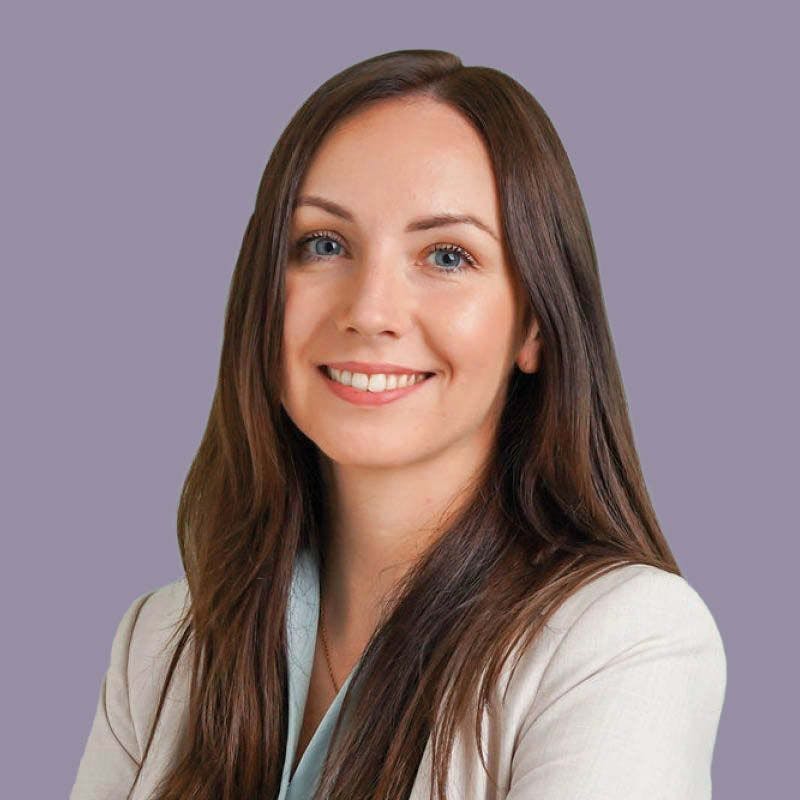Should there be another public inquiry into child sexual exploitation and grooming gangs?
By Amy Clowrey, David Greenwood
Over the last few days we have seen calls from many for a national public inquiry into CSE and grooming gangs, which has been fuelled by comments from Elon Musk. He has been criticising the government’s response to tackling child sexual exploitation (CSE). Many other high profile personalities have since come out criticising the current UK leader’s approach.

As a child sexual abuse solicitor I am firmly of the view that it is important for survivors of abuse to be heard, both to ensure that we learn from the errors of the past but also to ensure that those who have suffered feel heard.
That being said, for over a decade we have had inquiry after inquiry which has analysed local and national responses to CSE and little change has been seen to date. In addition, it is also important to be mindful that when issues such as CSE are discussed so publicly it can have a detrimental impact upon the mental health of those who have suffered such abuse. We must ensure that any discussion leads to meaningful change and is handled correctly, and that there are support services in place to assist survivors.
The overarching Independent Inquiry into Child Sexual Abuse (IICSA) spanned over seven years and its final report was published in 2022. During the course of its investigation the inquiry looked at CSE by organised networks and in February 2022 it made six recommendations. Those recommendations are:
1. Aggravation of offences relating to the sexual exploitation of children - The government should amend the Sentencing Act 2020 to provide a mandatory aggravating factor in sentencing in the case of the commission of an offence under Part 1 of the Sexual Offences Act 2003 relating to a child, where (1) the child was exploited, (2) ‘exploitation’ means the child was controlled, coerced, manipulated or deceived into sexual activity and (3) two or more persons were concerned in the exploitation.
2. Child Exploitation Disruption Toolkit - As referenced in its Tackling Child Sexual Abuse Strategy, the government should publish an enhanced version of its Child Exploitation Disruption Toolkit as soon as possible. This Toolkit must:
- specify that the core element of the definition of child sexual exploitation is that a child was controlled, coerced, manipulated or deceived into sexual activity;
- include specific guidance on building effective problem profiles for child sexual exploitation and child sexual exploitation by networks, as differentiated from other forms of exploitation;
- specifically state the sources and types of data that agencies should use to build problem profiles; and
- indicate the minimum frequency at which problem profiles should be updated.
3. Government guidance on child sexual exploitation - The Department for Education should review and publish an updated version of its guidance on child sexual exploitation. The update should specify that the core element of the definition of child sexual exploitation is that a child was controlled, coerced, manipulated or deceived into sexual activity.
It should also include detailed information on:
- the role of the internet in the perpetration of child sexual exploitation; and
- how to identify and respond to child sexual exploitation perpetrated by networks of offenders.
The Welsh Government should also update its guidance on child sexual exploitation to provide detailed information on how to identify and respond to child sexual exploitation perpetrated by networks of offenders.
4. Categorisation of risk and harm - The Department for Education and the Welsh Government must ensure that their updated national guidance makes clear that signs that a child is being sexually exploited must never be treated as indications that a child is only ‘at risk’ of experiencing this harm.
In line with this, local authorities in England and Wales should ensure that their assessment of risk and harm enables them to accurately distinguish between:
- children who are at risk of experiencing sexual exploitation;
- children who are experiencing or have already experienced sexual exploitation; and
- children who have experienced sexual exploitation and are at risk of experiencing further abuse.
5. Child sexual exploitation data -Police forces and local authorities in England and Wales must collect data on all cases of known or suspected child sexual exploitation and child sexual exploitation by networks. These data should be separated from other data sets, including data on child sexual abuse, and be disaggregated by the sex, ethnicity and disability of both the victim and perpetrator.
This disaggregated data should be used by police forces to inform problem profiling and activities to disrupt and investigate offenders. Local authorities should take account of the disaggregated data when commissioning services for children.
The UK Government and the Welsh Government should take steps to ensure that these data are being collected and disaggregated in a consistent and accurate way by police forces and local authorities.
6. Unregulated placements - The Department for Education should ban the placement in semi-independent and independent settings of children aged 16 and 17 who have experienced, or are at heightened risk of experiencing, sexual exploitation. This should be implemented without delay.
IICSA made twenty key recommendations in its final report to improve child protection in England and Wales in October 2022. These are:
- A single set of core data relating to child sexual abuse and child sexual exploitation.
- Child Protection Authorities for England and for Wales.
- A cabinet-level Minister for Children.
- A public awareness campaign.
- Prohibiting the use of pain compliance techniques.
- The amendment of the Children Act 1989.
- Registration of care staff in children’s homes.
- Registration of staff in care roles in young offender institutions and secure training centres.
- Greater use of the Disclosure and Barring Service barred list.
- Improvements to compliance with statutory duties to refer concerns to the Disclosure and Barring Service.
- Extending the disclosure regime to those working with children overseas.
- Pre-screening for illegal images of children.
- Mandatory reporting of child sexual abuse in certain circumstances.
- Compliance with the Victims’ Code.
- The removal of the three-year limitation period for personal injury claims brought by victims and survivors of child sexual abuse.
- A national guarantee of specialist therapeutic support for child victims.
- A code of practice on access to records about child sexual abuse.
- Further changes to the Criminal Injuries Compensation Scheme
- A tiered redress scheme.
- Age verification in relation to online services and social media platforms.
Last night Yvette Cooper announced that a new law would be brought in making a failure to report child sexual abuse a crime. That is the first recommendation that has been confirmed following the recommendations made by IICSA and we do not yet have a timeline for the implementation of that law. It is pleasing to see action finally being taken, it could be said that pressure from Elon Musk and others has assisted in this development.
The IICSA cost a staggering £186.6 million up to the date that the final report was published. In my view, any money that would be spent on a new inquiry would be better spent implementing the recommendations of IICSA to ensure that our children are protected sooner rather than later. Again, in my view, the first recommendation that should be implemented is for a Child Protection Authority to be created. That way many of the other recommendations could fall under the remit of the newly established CPA.
Let’s collectively call on our government to #ActOnIICSA.
Get in touch with us in confidence
We’re committed to providing expert, caring legal advice for child abuse claims, including the most serious historical abuse compensation and child sexual abuse cases. If you’re ready to take the next step, we’re here for a no obligation chat.
Feel free to get in touch with us by calling 0800 138 0458 or by contacting us through the website.
Find out how Switalskis can help you
Call Switalskis today on 0800 1380 458 . Alternatively, contact us through the website to learn more.





